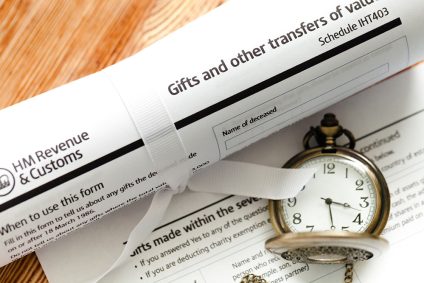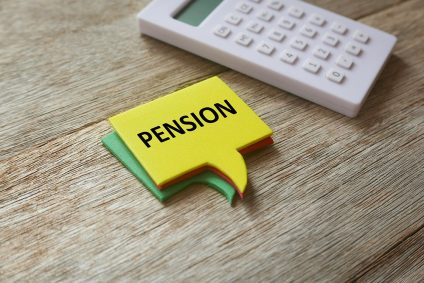What are the tax implications of drawing on your pension?
Tax must be a key consideration when taking your pension. As savers over the age of 55 plan to access more of their pension funds under the new rules, the amount of extra income tax collected by HMRC is expected to rise from £320million in 2015-16 to £1.2billion in 2018-2019. Making large withdrawals will lead to substantial income tax payments so you may need to consider staging these carefully.
Senior consultants working full time should be aware that pension fund withdrawals are likely to be taxed at the additional rate of 45%. Extra care is needed in retirement as, when your combined taxable income reaches the £100,000 mark, drawing taxable income in excess of this figure puts your tax free personal allowance at risk (an effective rate of 60%).
If you choose to draw down income as well as lump sum from April, you could see the amount you can contribute to money purchase pensions reduce from £40,000 to £10,000. It will remain at this level for life and could affect your NHS pension if you are still an active member and wish to contribute to private pensions.
Helpfully, the Chancellor announced that the harsh death tax due on private pensions will be abolished from April. You can now choose to pass on private pots to loved ones tax-free as pensions do not form part of a person’s estate for inheritance tax purposes.
Currently, pension pots are taxed at up to 55% on death once a person has started to take income or taken tax-free cash. In the future, when someone older than 75 dies, their heirs will pay income tax at the marginal rate and no tax charge will apply if aged under 75 (subject to them having available lifetime allowance remaining).
Previously, doctors may have stripped funds out of their personal pension or SIPP in retirement but this new move will make it much more attractive to keep pension funds invested and to pass these on to family members in the future.
The new rules will only apply to those who have their pension funds invested in income drawdown rather than in annuities but it is still a very attractive option for higher-rate taxpayers. A higher-rate tax-paying doctor could contribute to a private pension, enjoy tax relief on the sum and then leave it tax-free to loved ones if they die before 75. If they die after 75, it could be subject to only 20% tax if withdrawn by a basic rate taxpayer – a very useful inheritance tool, depending on an individual’s circumstances.
No time to consider the best outcome for your finances? Speak to an adviser who can help on 020 7636 7006.


